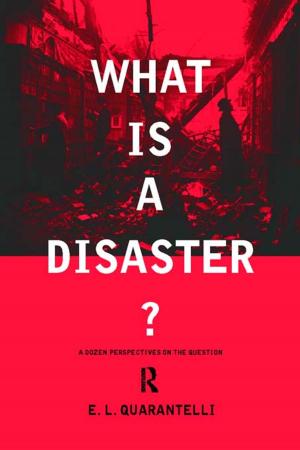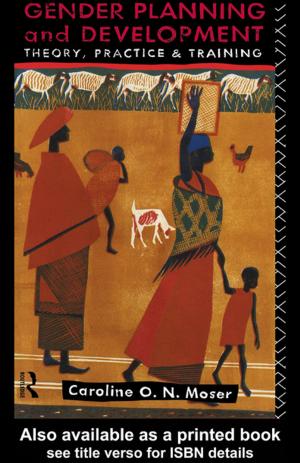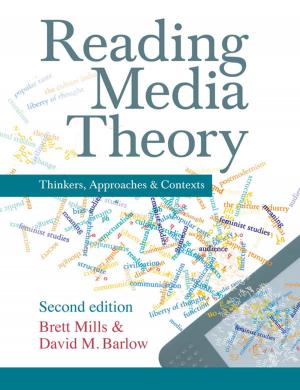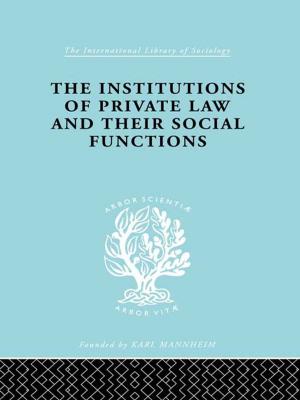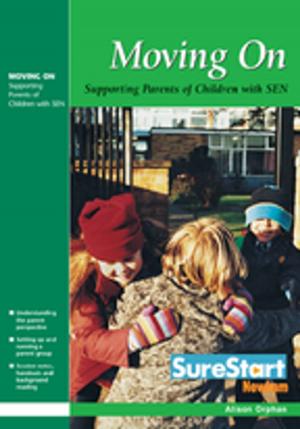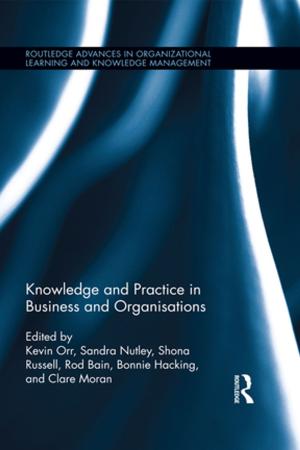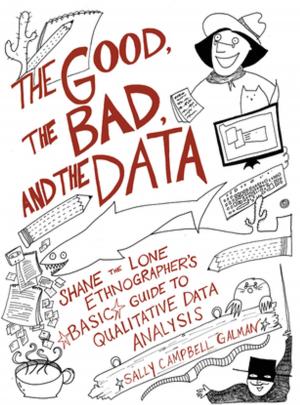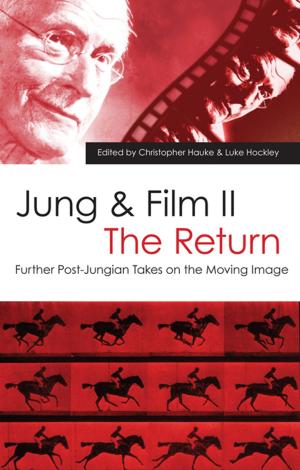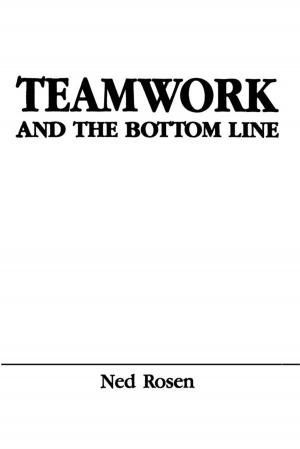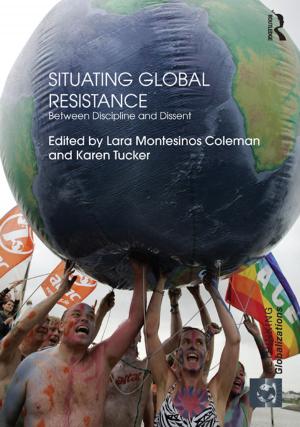Multiculturalism and Moral Conflict
Nonfiction, Social & Cultural Studies, Political Science, International, International Relations| Author: | ISBN: | 9781135261887 | |
| Publisher: | Taylor and Francis | Publication: | October 16, 2009 |
| Imprint: | Routledge | Language: | English |
| Author: | |
| ISBN: | 9781135261887 |
| Publisher: | Taylor and Francis |
| Publication: | October 16, 2009 |
| Imprint: | Routledge |
| Language: | English |
Multiculturalism is higher on the daily political agenda than it has ever been. Leading politicians and public commentators speak with an unparalleled bluntness about the perceived limitations of multiculturalism while representatives of cultural, minorities express concern about marginalisation. This debate is taking place against a background of fear about terrorism, the integrity of national identities and a loosely construed ‘clash of civilizations’. Secularism is pitted against religious fundamentalism, respect for difference against the right of freedom of speech, integration against self-determination, and duties of citizenship against minority rights.
This book confronts the reality of moral conflict in the debate on multiculturalism while resisting the simplification which too frequently accompanies daily commentary on both sides of an increasingly polarised debate. The volume as a whole marks an important step in the attempt to examine the underlying concepts, of the nature and legitimate extent of disagreement, of secularism, the nature of power, the state and citizenship, which inevitably constitute key assumptions in the debate.
Bringing together leading scholars on multiculturalism: Gerald Gaus, Peter Jones, John Horton, Tariq Modood, Chandran Kukathas, Bhikhu Parekh, Matthew Festenstein and Cecile Laborde, this book discusses the latest developments in the field. It will be of strong interest students and scholars of multiculturalism, political science, political theory, international relations, sociology, philosophy and anthropology.
Multiculturalism is higher on the daily political agenda than it has ever been. Leading politicians and public commentators speak with an unparalleled bluntness about the perceived limitations of multiculturalism while representatives of cultural, minorities express concern about marginalisation. This debate is taking place against a background of fear about terrorism, the integrity of national identities and a loosely construed ‘clash of civilizations’. Secularism is pitted against religious fundamentalism, respect for difference against the right of freedom of speech, integration against self-determination, and duties of citizenship against minority rights.
This book confronts the reality of moral conflict in the debate on multiculturalism while resisting the simplification which too frequently accompanies daily commentary on both sides of an increasingly polarised debate. The volume as a whole marks an important step in the attempt to examine the underlying concepts, of the nature and legitimate extent of disagreement, of secularism, the nature of power, the state and citizenship, which inevitably constitute key assumptions in the debate.
Bringing together leading scholars on multiculturalism: Gerald Gaus, Peter Jones, John Horton, Tariq Modood, Chandran Kukathas, Bhikhu Parekh, Matthew Festenstein and Cecile Laborde, this book discusses the latest developments in the field. It will be of strong interest students and scholars of multiculturalism, political science, political theory, international relations, sociology, philosophy and anthropology.


